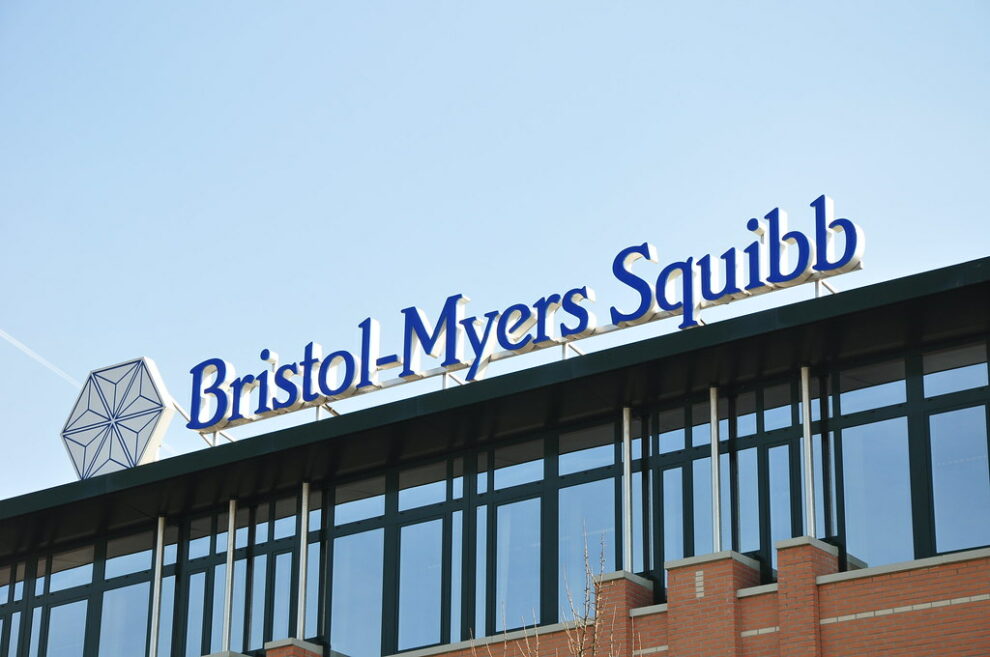Bristol-Myers Squibb Co (NYSE:BMY) has reached an agreement to acquire drug maker MyoKardia Inc. (NASDAQ:MYOK) for $13.1 billion. With the acquisition, the drug giant is poised to expand its pipeline of drugs offerings into heart therapies, including lead product Mavacamten for treating obstructive hypertrophic cardiomyopathy.
Bristol Myers Acquisition
Bristol Myers also intends to use MyoKardia’s Mavacamten in clinical trials as a potential treatment for hypertrophic cardiomyopathy. The chronic condition affects the heart, resulting in wall thickening, which makes it hard for the organ to pump blood. The condition affects close to one in every 500 people. An application for regulatory approval of Mavacamten is scheduled for the first quarter of next year.
Under the terms of the deal, Bristol Myers is to pay $225 a share for MyoKardia, representing a 61% premium to Friday’s closing price. Bristol Myers is to finance the deal with a combination of cash and debt. Despite the soaring debt levels, the company insists it will continue to pursue deals large and small in a bid to strengthen its drug pipeline and competitive edge.
The acquisition comes barely a year after the company closed a $74 billion takeover of Celgene Corp. The company is also yet to complete paying down the debt it took to acquire Celgene. Its debt currently stands at more than $47 billion.
Expanding Drug Pipeline
The acquisition of MyoKardia will help Bristol Myers expand its lineup of heart drugs. The deal will also help the company maintain a more diversified lineup of therapies after affirming plans to focus on the oncology business. The acquisition could not have come at a better time as the company is staring patent expiration of crucial drugs.
Amid the acquisition spree, investors remain wary of the combined company’s long term growth prospects. There are concerns that the combined company will only have few growth prospects in the latter stages of the decade. For instance, the company’s main drug Revlimid is poised to lose patent protection in 2027. Eliquis, another drug, is posed to lose exclusivity in 2026.









